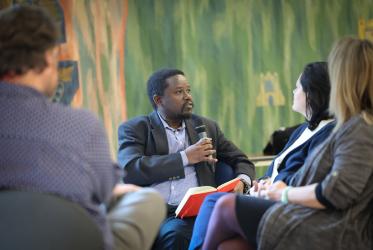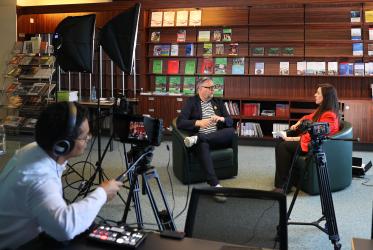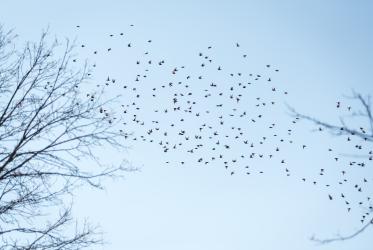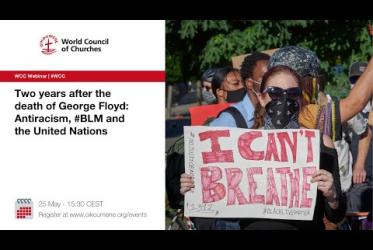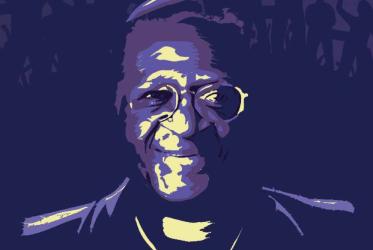Mostrando 1 - 20 de 32
28 Marzo 2024
At peace conference, WCC focuses on overcoming racism
26 Octubre 2023
ACT Alliance general secretary: “equity is not negotiable”
26 Septiembre 2023
Tutu’s legacy: A Zoom panel celebrating “the Arch”
03 Febrero 2022

